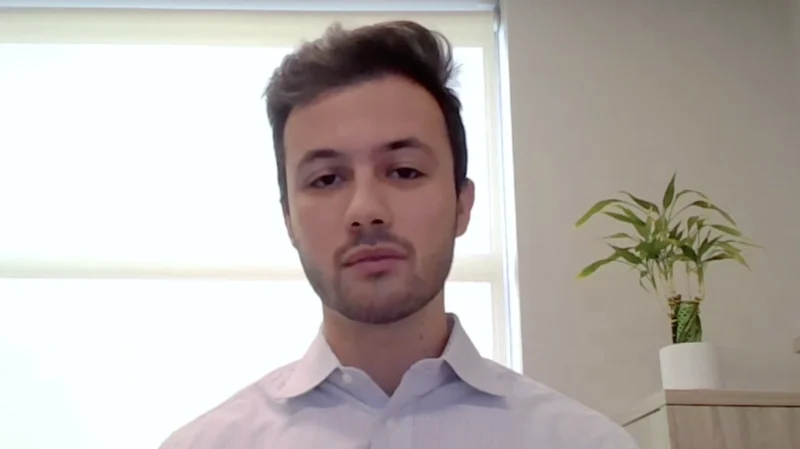Why Rural Hospitals Matter
If one hails from a major city with easy access to healthcare, it can be easy to overlook the need for rural hospitals. But ask anyone in a rural community, and they’ll quickly be able to list why rural healthcare matters.
In the face of an ongoing global pandemic, the importance of accessible healthcare has never been more apparent. Yet, for many communities across the United States, access to quality healthcare remains a significant challenge. Rural communities face myriad barriers. They often have higher rates of disease and disability, a lack of available services, and hospitals are closing at an alarming rate. In fact, since 2010, over 130 rural hospitals have closed, including 19 in 2020, leaving many communities without immediate access to emergency medical care. It’s a pressing situation.
Why does this matter? And how can the United States ensure that rural communities have access to the healthcare they need? These are the questions at the heart of I don’t Care’s recent discussion.
I Don’t Care’s Kevin Stevenson spoke with Scott Manis, the Regional Vice President at HealthTech, on the importance of rural hospitals, why they matter, and the challenges they face.
Stevenson and Manis’ discussion includes the following:
- The role and value of hospitals in providing healthcare to rural and underserved communities
- The financial and staffing challenges rural community hospitals face
- The impact of Medicaid expansion on rural healthcare
Scott Manis has been in the healthcare industry for over thirty years. He started as a phlebotomist and has held various positions in government-owned hospitals, nonprofits, and for-profit organizations. Now, as a Regional Vice President at HealthTech, he manages small, primarily rural community hospitals and provides consulting services to these institutions. His extensive experience, perspectives, and deep understanding of the healthcare landscape make him an authority on rural healthcare.




